How can Local Directories help with Link Building?
Consumers want to connect with local businesses.
In fact, Google says that searches with “near me” have jumped by 500% every year!
And in 2021, 81% of people turned to Google to look up local businesses.
So, what does this mean for digital marketers?
If you’re trying to reach local customers, it’s essential that they can find your business online. To do that, you need to get your content to the top of relevant local Google search results.
One way to make this happen is through link building, especially for local SEO.
Let me walk you through how local link building works, why it’s so important, and how you can start building your own link profile.
What Is Link Building for Local SEO?
Link building is all about getting other websites to link back to yours. These links, called “backlinks” or “inbound links,” help bring more traffic to your site.
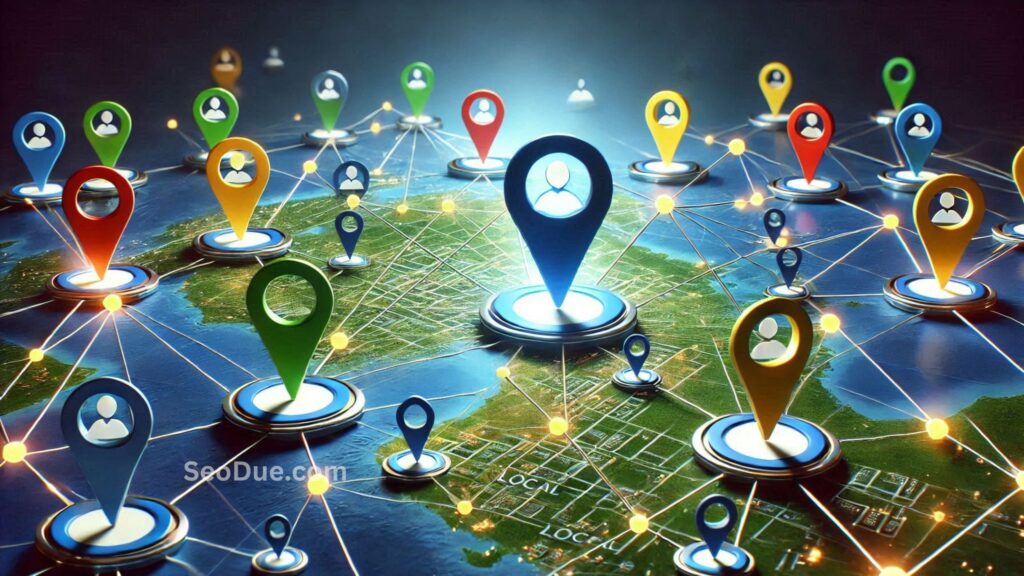
Now, let’s bring in the local side of things.
Link building for local SEO means getting backlinks from other local businesses. The goal? To increase your visibility in local search results and attract more local customers who are likely to buy from you.
Why Link Building for Local SEO Matters
There are three big reasons why local link building is important.
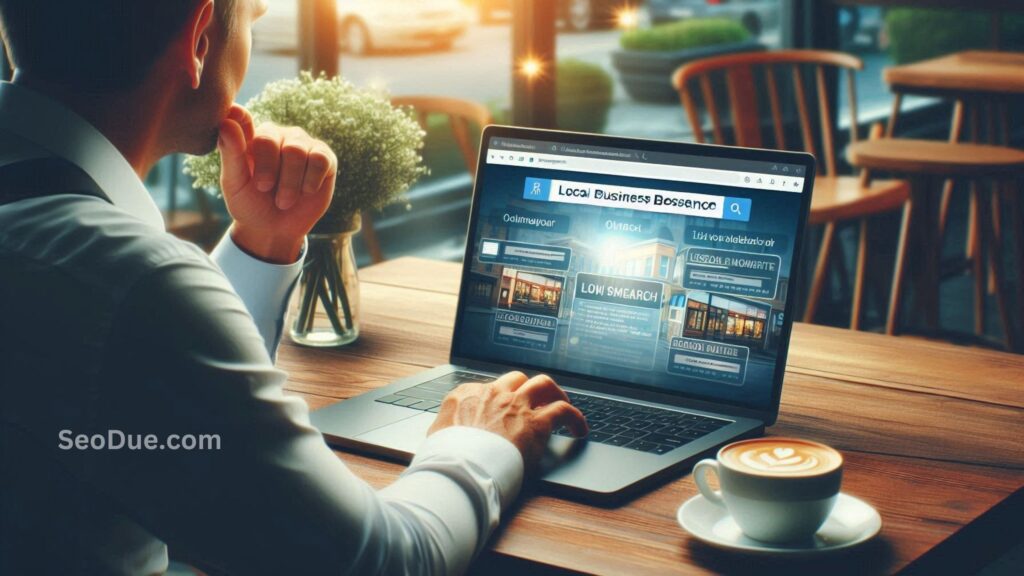
First, Google looks at the number of backlinks you have to decide your page rank. The more quality backlinks you get, the better your chances of landing on page one. Did you know that over 67.6% of clicks go to the top five results on Google?
Second, local link building helps bring the right, targeted traffic to your website. By focusing on the right audience, you’re more likely to attract people who are ready to make a purchase.
Lastly, local link building is a great way to boost your brand’s visibility in a natural way. It usually takes about seven brand impressions before someone takes action (this is called the “Rule of 7” in marketing). More visibility means you can build trust and turn prospects into customers.

Also Read: How do I Target Keywords with Low Competition?
Link Building for Local SEO Strategies
Ready to start building your backlinks? Here are my top six strategies to get you going!
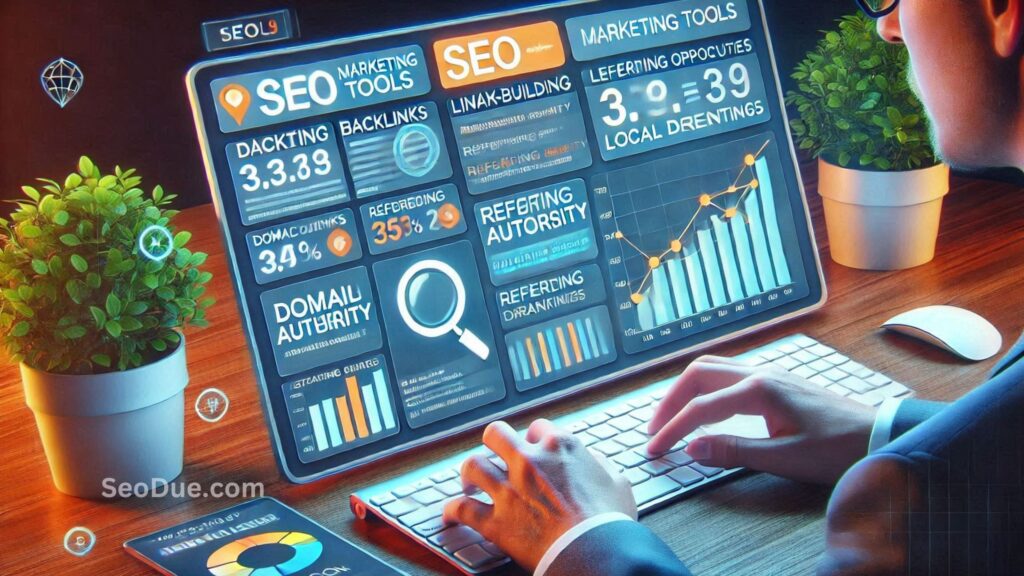
1. Get Links From Local Review and Travel Websites
Research shows that 98% of consumers read online reviews about local businesses, and 85% of them want to see a high star rating. So, getting positive reviews is key—and you want them from sites that can help with your local SEO. For example, listings from Kansas City’s local restaurants often include backlinks. You can encourage customers to leave reviews on sites like Google or Yelp by making it easy and offering incentives. Also, showcase these reviews on social media to build credibility and encourage more reviews.
2. Host Special Events and Promotions for PR Links
Want to increase brand awareness and gain local backlinks? Hold special events or promotions! Consider sponsoring a local sports team, hosting a charity fundraiser, or offering discounts. Once your event is set, spread the word to local news outlets and online platforms like Facebook community groups. Write a short press release, include your event details and a link, and be sure to add relevant keywords to boost visibility.
3. Get Listed in Local Business Directories
Around 94% of people have used a business directory to learn about a company. To get more local backlinks, list your business in directories like Yelp, Google Business Profile, Facebook, and Foursquare. Google “local business directory” in your area to find more niche options. Just make sure to follow submission guidelines and include your business details, like hours and a description. This helps directories verify your business and increases your chances of getting listed.

Also Read: How can I Earn Backlinks From Local Blogs?
4. Start a Blog Focused on Local Topics
If you don’t have a blog, now’s the time to start one. Blogging allows you to share your expertise, which helps build trust with consumers. Plus, 60% of buyers read blogs during the early stages of their purchasing decisions. As you write helpful content on local topics, it will naturally attract backlinks. Pitch your posts to link roundups, share your content on social media, and engage with local communities online to build more connections and backlinks.
5. Use SEO Tools Like Ubersuggest to Find Competitor Backlinks
Want to know where your competitors are getting their backlinks? It’s a great way to discover sites that might link to you too. For example, if you own a bakery in Denver, you can use Ubersuggest to find backlinks to a top local bakery and target those same sites for your own link-building efforts.
6. Find Unlinked Mentions of Your Brand and Ask for Links
When your brand gets mentioned but not linked, that’s a missed opportunity. Use tools like BrandMentions to find these unlinked mentions and then reach out to the website owner to ask for a backlink. Since they’ve already mentioned your brand, they’re likely to be open to the idea. Be sure to explain why adding a link would be beneficial for them too.
7. Get Mentioned by Local Publications and Bloggers
Don’t just rely on PR campaigns—build real relationships with local bloggers and publications. Reach out to be included in local business roundups or offer valuable content to local bloggers. These types of mentions are more organic and can help you build genuine connections that lead to backlinks.
8. Purchase Domains in Your Industry
Did you know 70% of domains aren’t renewed after the first year? That’s a great opportunity to buy relevant domain names in your industry. You can even buy entire websites, which come with content and domain authority. Just be sure to check out the domain’s history on sites like Whois.com to find out more about its previous owner.

Also Read: What is Local Link Building and Why is it Important?
9. Don’t Forget About Internal Links
Internal links are a key part of your content strategy. Even though they don’t count as backlinks, they help Google understand your website’s structure and improve your local SEO. By linking to relevant blog posts internally, you’re helping Google find and rank your content, which is important for local search results. Plus, it helps establish value for new posts by linking to older, authoritative content.
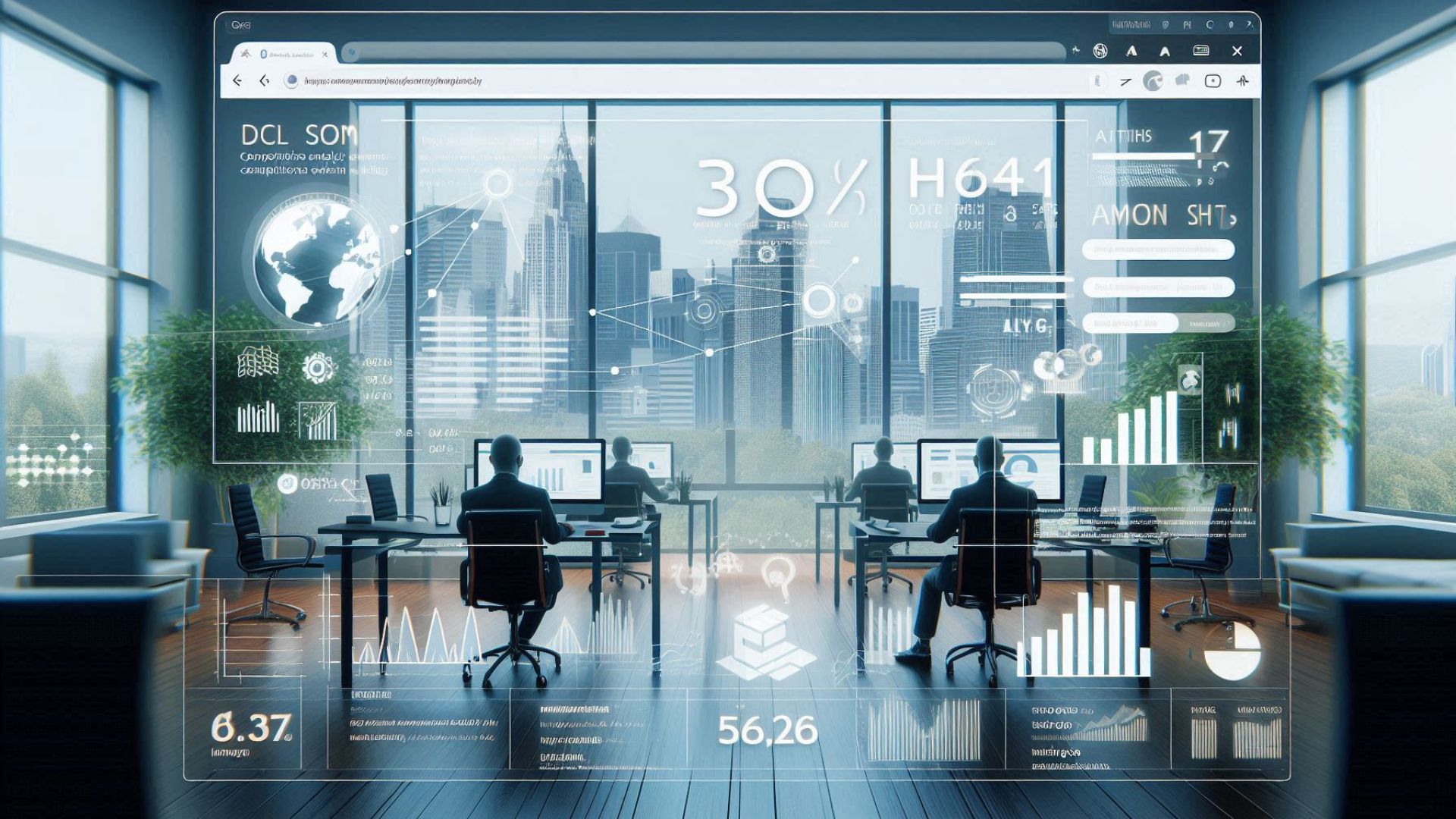


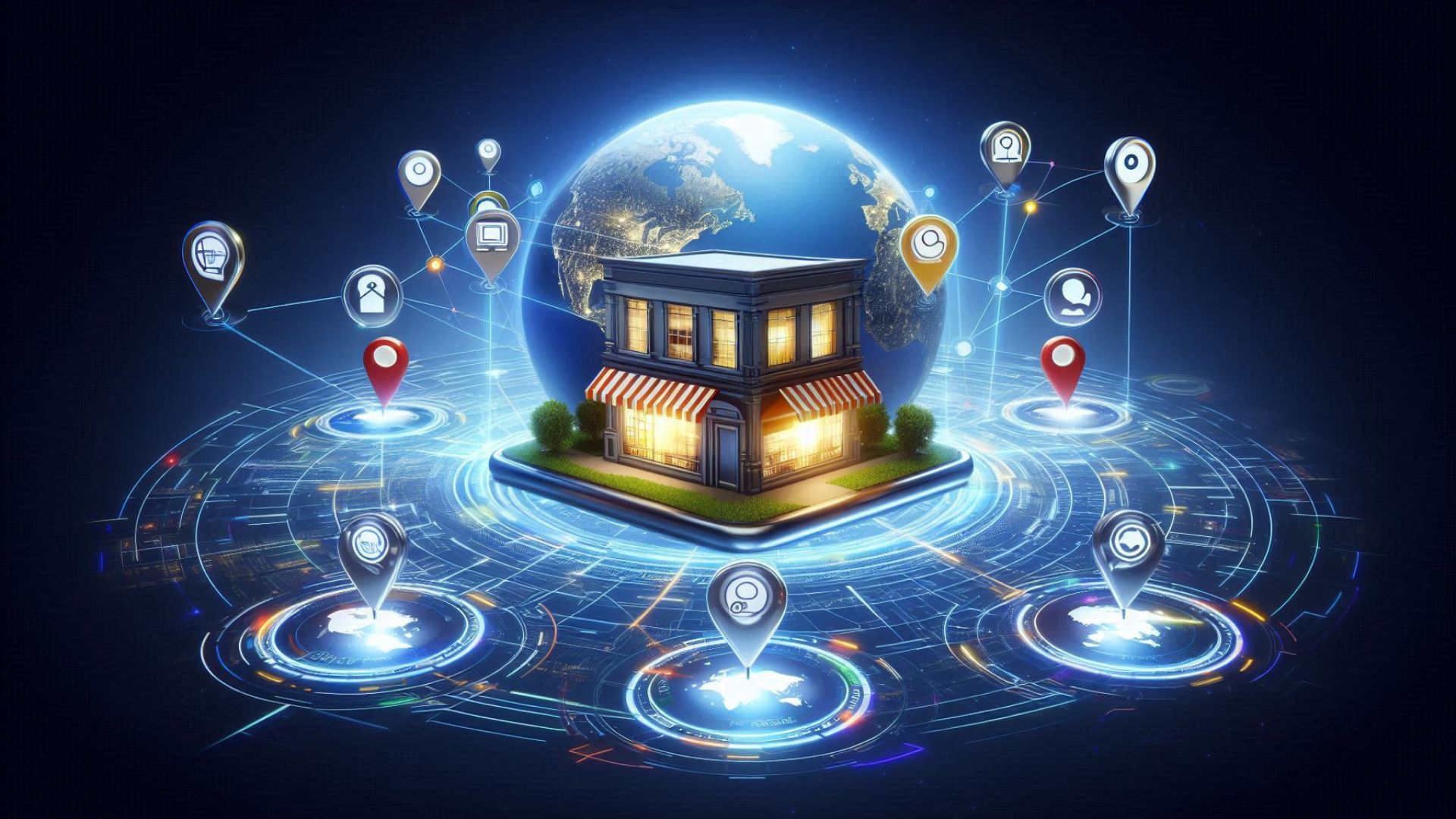
Post Comment